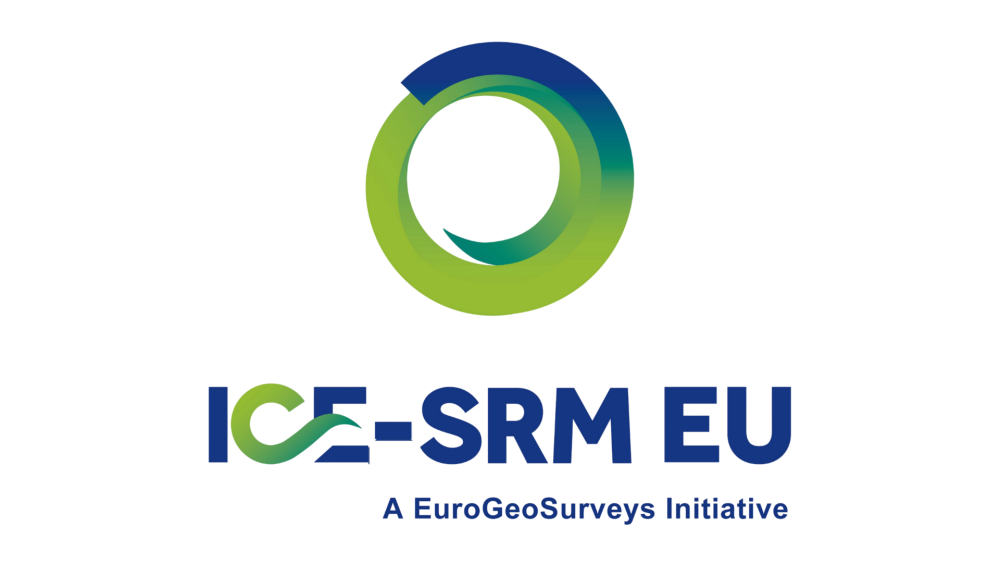Raw Materials
Main Impacts:
- To strengthen the network of geological surveys around critical raw materials data and mineral resources sustainable management
- To contribute to the Geological Service for Europe by providing services and knowledge to help secure the EU’s critical raw materials supplies
- To increase sourcing of critical raw materials from primary and secondary sources in Europe, decreasing Europe's dependence on imports and intensifying the competitiveness of European power generation, energy storage and related transport technologies

